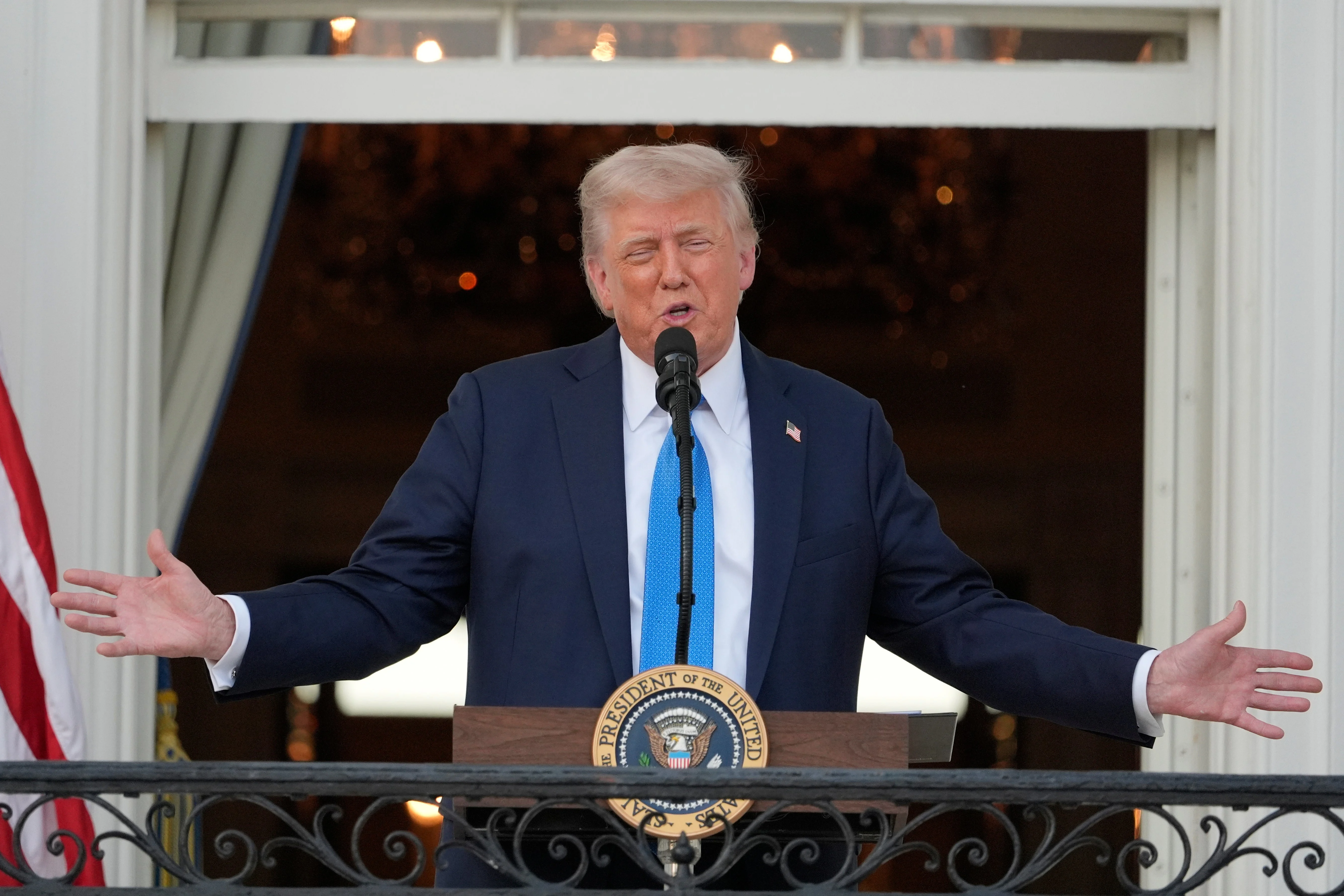Trump Announces Sweeping Travel Ban on 12 Countries
On June 5, 2025, President Donald Trump unveiled a new executive order imposing a complete travel ban on citizens from 12 countries, citing national security threats and high visa overstay rates. The ban, which echoes his earlier policies from 2017, targets countries deemed to have inadequate vetting procedures and a heightened risk of terrorism or instability. The affected countries on the so-called “RED LIST” include Afghanistan, Bhutan, Cuba, Iran, Libya, North Korea, Somalia, Sudan, Syria, Venezuela, Yemen, and Myanmar. Citizens from these nations will be barred from obtaining any type of visa tourist, business, student, or immigrant.
The White House defended the move as a crucial step to “protect Americans from dangerous foreign actors,” with Trump noting that the administration has considered each country’s cooperation in sharing security information and their historical record on accepting deportees. According to officials, the decision also stems from concerns about inadequate security systems and the potential presence of terrorist organizations in several of these countries.
/*Enhanced Screening and Partial Restrictions: The Orange List*/
In addition to the full entry bans, the order imposes partial restrictions on seven countries placed on the “ORANGE LIST”: Belarus, Eritrea, Haiti, Laos, Pakistan, Russia, and South Sudan. Travelers from these nations will face stricter vetting processes, including: Shortened visa validity periods, mandatory in-person interviews at consulates, and stricter documentation requirements for visa applications. The administration asserts that these partial measures are designed to ensure “proper vetting” and maintain tighter national security. It marks a departure from blanket bans and represents what the White House described as “lessons learned” from the 2017 travel ban this time, ensuring clearly defined exemptions and legal robustness.
/*National Security Justification and the Boulder Attack*/
The administration has strongly linked the need for the travel ban to recent national security incidents, including a deadly attack in Boulder, Colorado. Although the attacker was an Egyptian national and Egypt is not on the list, officials say the incident “underscores the extreme dangers” posed by foreign nationals who have not been properly vetted. Trump and his team argue that these targeted bans respond to real threats and highlight vulnerabilities in current immigration processes. The administration has emphasized that the criteria for the bans include each country’s willingness to repatriate deportees, historical terrorism concerns, and a record of high visa overstay rates. For example, the White House has accused countries like Iran and Cuba of being “state sponsors of terrorism” and Somalia of being a “terrorist safe haven.”
/*Exemptions and Implementation Timeline*/
Despite the sweeping nature of the bans, several exemptions have been outlined for humanitarian and practical reasons.According to the White House, these exemptions include athletes traveling for major sporting events; holders of immigrant visas for ethnic and religious minorities facing persecution; Afghan nationals holding special immigrant visas; lawful permanent residents of the United States; and dual nationals who also hold citizenship in countries not on the banned lists.
The new travel restrictions are set to take effect on June 9, 2025, with periodic reviews every 90 and 180 days. President Trump said that the restrictions could be revised if “material improvements” in security measures are made by the affected countries. Diplomats from some of these nations, like Somalia, have already expressed a willingness to engage in dialogue to address U.S. security concerns.
/*Legal and Humanitarian Impact*/
The new bans have sparked intense reactions and legal battles./*Somalia */expressed willingness to engage in dialogue with the U.S. to improve security cooperation./*Venezuela’s */ government condemned the ban as discriminatory and politically motivated.
Human rights groups and critics warn of significant humanitarian consequences, including disruption of family reunifications, education, and legitimate travel.
In a related move, the U.S. Supreme Court recently ruled in favor of the Trump administration’s decision to end Temporary Protected Status (TPS) for approximately 350,000 Venezuelans living in the U.S. The decision lifted a hold by a California judge, allowing the administration to terminate TPS, which had been granted under President Biden due to Venezuela’s humanitarian crisis.
Separately, the administration attempted to invoke the 1798 Alien Enemies Act a centuries-old wartime law to deport certain immigrants. However, the Supreme Court blocked its use in North Texas, questioning its legality. Deportations of alleged gang members to El Salvador have continued under other immigration laws, despite family members denying gang ties.
Additionally, the administration has launched a “self-deportation” program, offering $1,000 and paid travel for undocumented migrants who voluntarily leave the U.S. Homeland Security Secretary Kristi Noem described it as a “dignified” solution, though critics like Congressman Adriano Espaillat argued it amounts to bribing people to leave.
The administration touts a record low of just over 7,000 arrests at the U.S.-Mexico border in March as evidence of its enforcement success. However, courts have blocked some of Trump’s other immigration measures, including attempts to end birthright citizenship for certain children.
